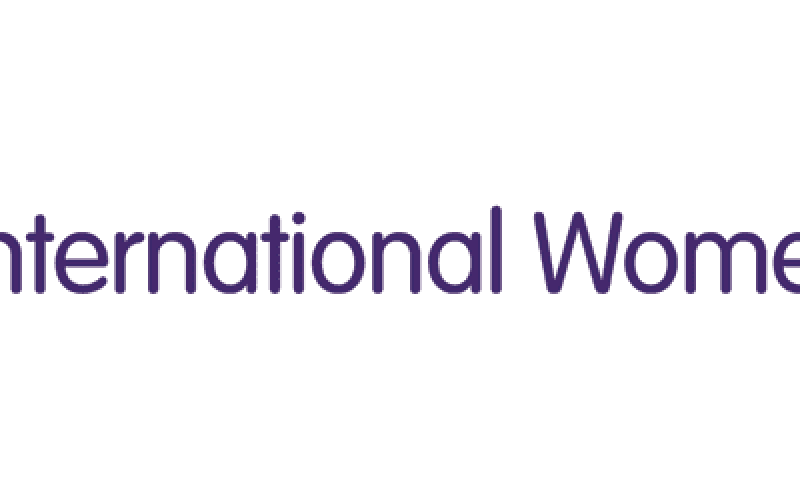Despite greater recognition of the lack of gender parity in rights, wages, healthcare and employment access, the socioeconomic differences between men and women remain stark. International Women’s Day presents an opportunity to drive change that can really make a difference.
Growing up in the UK in a family in which both my parents had attended university and pursued careers in their chosen professions, I never intrinsically questioned my right to aim for whatever career I wanted because of my gender. Logistically, limitations existed with respect to money, location and my abilities, but in no way was I ever taught to rule options out purely because I was a girl.
For a long time after moving to Japan, I worked as a teacher. In the textbooks we used, there were chapters with set topics and over the years I must have discussed future dreams and goals with hundreds of students. In the first few years here, I noticed marked differences in the way my students would respond to the question: “What do you want to be?” The boys I taught would almost always respond confidently, naming the job they would like to have: “doctor”, “firefighter”, “soccer player”, etc.
The girls, however, tended not to aim for the top of the ladder, instead choosing things like “lawyer’s assistant”, “architect’s assistant”, and on several occasions, I got the answer “wife”. Over this time, I possibly terrified many of these students by asking them, “Why do you want to be the assistant? If you want to be an architect, make that happen. Don’t feel you have to aim for a smaller role. Equally, wanting to have a loving relationship and be somebody’s wife is fine, but that doesn’t have to be all that you aspire to. You can be a great wife and an architect.”
Happily, over the years I taught, I did see these perspectives shift and the girls starting to dare to aspire to a career. Sadly, these changes in aspirations have not wholeheartedly been supported politically, legally or socially in Japan. The gender pay gap sees women in Japan receive 26.59% less than their male counterparts over their working lives, and the World Economic Forum predicts that the global gender pay gap will not close until 2186. Lack of provision of childcare services disincentivises many women’s ability to stay in the workforce; without daycare it often just isn’t an option.
2016 saw TELL trying to make a noise about numerous issues and battling to fight the stigmas surrounding seeking help: for mental health; following a rape; escaping an abusive relationship. Those stigmas are still firmly in place, but we will not give up.
To mark this International Women’s Day, TELL is hosting a free screening of the documentary “I am a Girl” on March 7th. This acclaimed documentary film tells the story of six girls coming of age around the world and the various challenges that they face. The screening will be followed by a discussion of the issues we want to make a noise about, including rape and sexual assault, domestic violence and mental health. Please join us at Azabu Kumin Center from 18:30 to show your support.
Kumin Hall, Azabu Kumin Center
5-16-45, Roppongi, Minato-ku
– Jane Lofthouse, Lifeline Training Coordinator
Other IWD events in Tokyo:
- Band Night for TELL Vol. 20
March 3rd, from 19:30 – Hobgoblin Shibuya
- Spotlight on Japan 2017
AN EVENT OPEN TO ANYONE. TUESDAY 7TH MARCH, 6:30PM, TOKYO
Spotlight on Japan 2017, hosted by Mums in Business Tokyo and the Peninsula Hotel, is delighted to welcome everyone who wants to make a difference; at a personal, charitable, community or professional level, to come along for an inspiring, fun and interactive evening.

